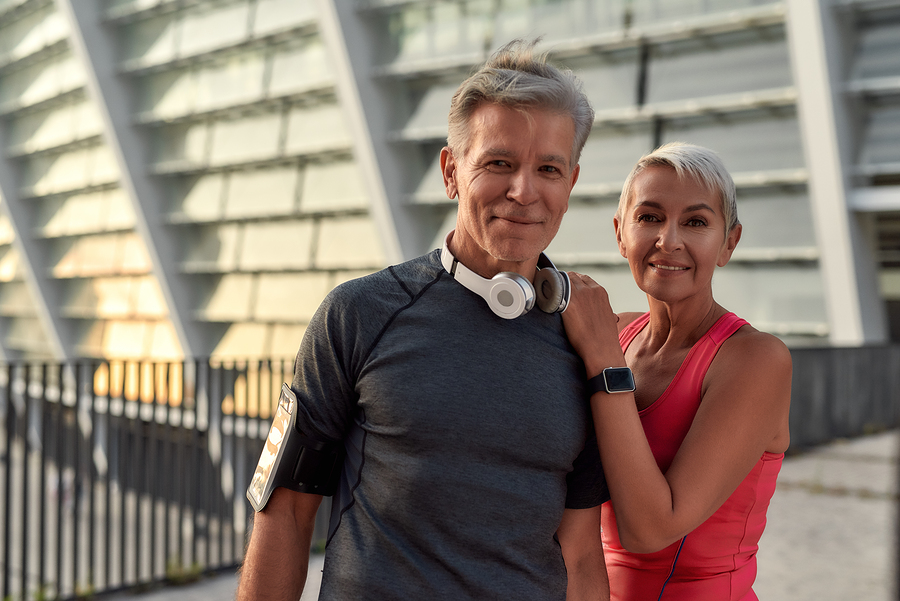
Are you finding it hard making healthy habits stick, wanting to ensure that you keep living to your fullest as you age or need help bouncing back after an illness or chronic condition- teaming up with a health coach could be a life-changer.
Health coaches use a variety methods to help you make change and achieve your optimum health. Motivation and a unique combination of methods to facilitate behavior change, a health coach can empower you to achieve wellness and make changes that will improve the quality of your life.
The increasing number of people having chronic health problems in the US is alarming.
Many people end up experiencing depression because they can’t find the right person to assist them in their journey to optimum health.
One of the main principles of health coaching is the notion that everyone faces specific challenges when it comes to keeping healthy. Rather than taking a one-size-fits-all approach to wellness, health coaches help clients create highly personalized strategies for achieving their goals.
A health coach can be beneficial for weight loss support, helping you toward goals like increasing energy or improving the health of your heart. . In addition, many patients sometimes seek out a health coaches for help in changing habits to better control their chronic conditions.
With health coaching becoming more mainstream, a number of recent studies have shown that a health coach can also be helpful in managing diabetes.
Here are 7 Main Benefits of Health coaching
1. You’ll Receive a Personalised Plan
One of the top benefits of health coaching is receiving a customized plan just for you.
You have a unique personality, needs and lifestyle, so we do not put together a one size fits all plan together for you.. Your health coach takes all of this into account when designing an in-depth and individualized guidance based on your current situation and lifestyle.
To achieve that, they will assess your strengths and weaknesses after your 1-on1 session. Then your health coach will come up with actionable plans to reach your wellness goals.
Skilled Nursing Inc. offers excellent health coaching services. You can check our health coaching services. out in detail on our health coaching services page. We combined experienced RNs and NPs to provide education and health coaches. Since most of the services are by phone and on line all cases are reviewed and considered.[1] Small group sessions ( under 20 people ) are also available for conversations with Marty RN – these sessions are fun introductions to topics requested as applied to general health with a 30 min q&A session.
2. Follows a Holistic Approach to Weigh Your Lifestyle
We use a holistic approach to health coaching when considering your needs and plan.
Our trained health coaches view your current condition from a macro perspective – finding a way to touch the aspect or aspects that caused or contributed to your condition. Your problem/s may have components from your career, relationships, eating habits, or other elements.
By talking through the source or root causes and using tools to eliminate root causes – health and wellness can more easily be achieved.
3. You’ll Feel Motivated and Empowered
One of the coaching skills your health coach[2] uses when working with you is to motivate, empower and keep you moving forward towards your goals even when it feels hard for you.
While progress may not happen overnight, your health coach is experienced at helping you stay on course and achieving your goals. Even when you face obstacles, your health coach is there to guide you and assist you in working through a block.Once you learn or discover the “reason” for the a block solutions become readily apparent.
4. You’ll Build Self-Confidence
Your path to wellness may not be straightforward and it may take some time but during the process you’ll see results and this will help you build the confidence you need to keep going with the help of your coach.
Effective health coaching helps you to realize that there is always a solution.
Your health coach will guide you in making healthy choices as you navigate and figure out what ultimately works best for you. When you reach a new level of wellness and health you’ll experience improved self confidence that will be reflected in other areas of your life such as your relationships, both personal and at work.
5. They Have a Network of Trusted Resources
A health coach has a network of resources that will help you. There are times during the process when it makes sense to refer you to one of their trusted resources to help you get results, whether it is a primary care doctor, a therapist or a naturopath, they know the right person who can help.
Here at SNI, our health coaches know when it’s time to ask for assistance. Once it’s been determined that you need additional resources, they know who to call to help you. – calling for help will be more accessible with our list of credible health practitioners.
6. Health Coaching Establishes Connection
One of the biggest benefits of having a health coach is the connection. Your health coach is there to guide and cheer you on even when you feel like giving up. Just like any other journey, the process of wellness may not be easy.
There could be ups and downs, waves of laughter and tears and more overwhelming emotions.
But when all is said and done, you can establish a lasting connection with your health coach.
It’s a big bonus when you find a health coach you can trust with health and your well-being.
7. The Relatability Factor
One of the many things that health coaches are trained in, is to understand your psychological, behavioral, and emotional needs.
This is key to getting you the best results.
They are trained to help you feel at ease throughout the entire process. Because of this relatability and non-judgmental support, it will be easier for you to navigate through any obstacles that may arise.
No matter what your goal is, finding the right health coach is what you need.
If you are experiencing problems with weight loss, health issues, energy or following what you know you should do want to keep living to your fullest as you age , you should consider working with a health coach.






